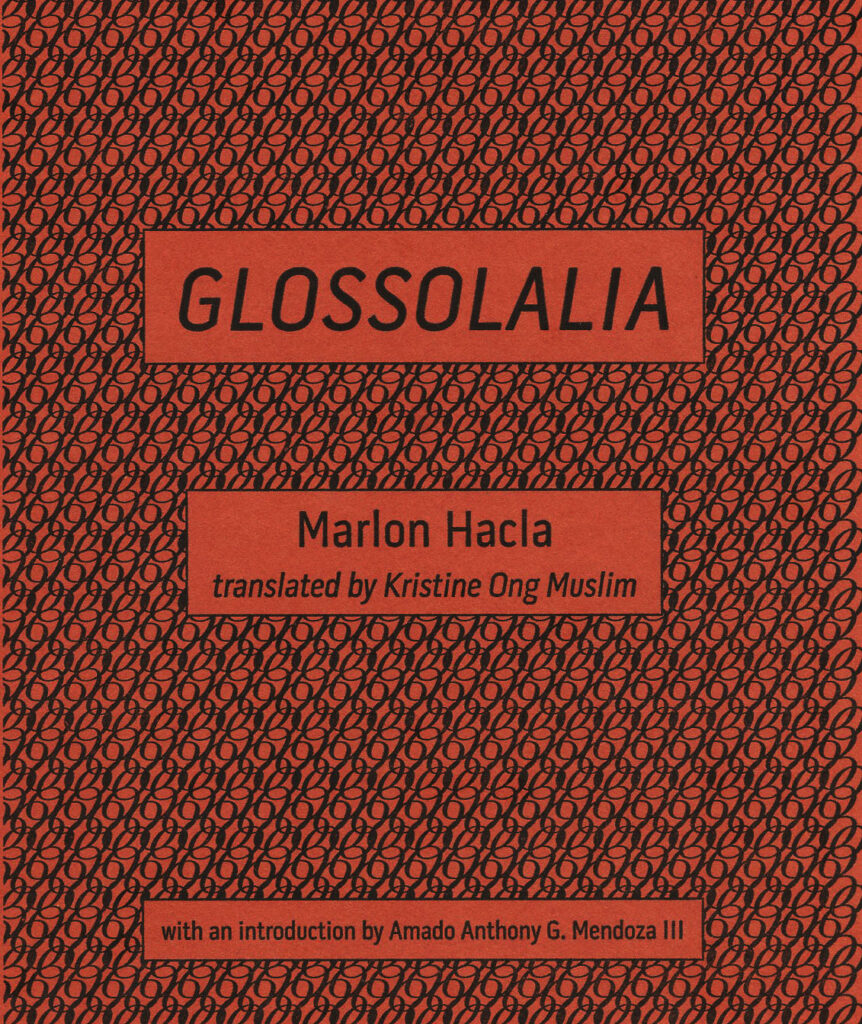Bluebush
Rooms that kill time until burglars decide to leave them. What is the homework all about? Making a neat stack of off-key tunes? Order? A dead tree? Or a chorus of epiphanies for unscrambling an executioner’s motivations and desires. Funeral birds that you gave as gifts. A parade of tied-up legs headed towards a beckoning forest. A paradise hastily put together.
Half a kernel of corn. Extravagance of roots. Broken bell forcibly deformed until it is mangled beyond recognition.
This is a performance of an upcoming part. Electric fan blades unraveled. I will be right behind you as you walk out the door, be the first to whisper. This is the part of the body that thirsts for sensation. Orange table piled high with bones. Is the source of my joy real?
If the wedding pushes through, it will turn out to be a slippery hitch. If the snag catches again, needles will flow like water. Angel with many faces and many weapons. Fear that latches onto the hem of a dress splattered with blood and mud. One answer to a question about teaching murder. Desire blanketed by light.
Casket that entombed a ritual. A treacherous act to devotion. The eye closing. Our happiness watered down. Poem chased down from a crash-landed dove. Mouth choking from having swallowed whole yet another body.
Triangular open space whose vertices correspond to the kitchen, staircase, scene of the crime.
Beautiful figure that had been ravaged. Dawn vandalized by contrails of warplanes.
